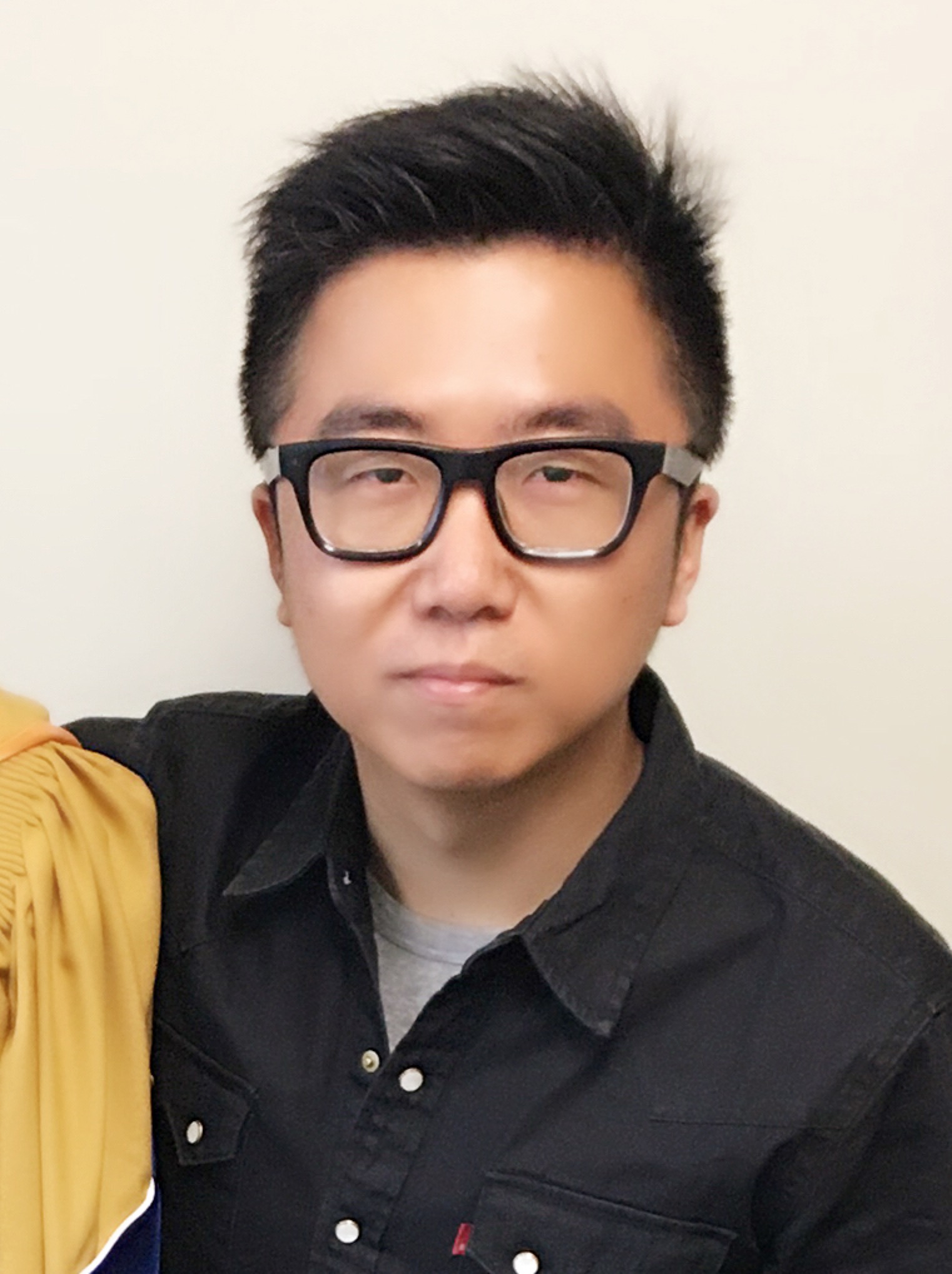- About
- Message from the Chair
- History
- Facilities
- News
- Events
- Info Sci Colloquium
- Advancing Responsible AI with Human-Centered Evaluation
- Bowers Distinguished Speaker Series - Julie E. Cohen, Georgetown University Law Center
- From Agents to Optimization: User Interface Understanding and Generation
- The Language of Creation: How Generative AI Challenges Intuitions—and Offers New Possibilities
- IS Engaged
- Graduation Info
- Info Sci Colloquium
- Contact Us
- Courses
- Research
- Computational Social Science
- Critical Data Studies
- Data Science
- Economics and Information
- Education Technology
- Ethics, Law and Policy
- Human-Computer Interaction
- Human-Robot Interaction
- Incentives and Computation
- Infrastructure Studies
- Interface Design and Ubiquitous Computing
- Natural Language Processing
- Network Science
- Social Computing and Computer-supported Cooperative Work
- Technology and Equity
- People
- Career
- Undergraduate
- Info Sci Majors
- BA - Information Science (College of Arts & Sciences)
- BS - Information Science (CALS)
- BS - Information Science, Systems, and Technology
- Studying Abroad
- MPS Early Credit Option
- Independent Research
- CPT Procedures
- Student Associations
- Undergraduate Minor in Info Sci
- Our Students and Alumni
- Graduation Info
- Contact Us
- Info Sci Majors
- Masters
- PHD
- Prospective PhD Students
- Admissions
- Degree Requirements and Curriculum
- Grad Student Orgs
- For Current PhDs
- Diversity and Inclusion
- Our Students and Alumni
- Graduation Info
- Program Contacts and Student Advising

Contact Information
Information Science
Gates Hall 231
cz448@cornell.edu
607-255-8441
Cheng Zhang is an Associate Professor in Information Science at Cornell University. His research examines how to solicit information on and around the human body to address real-world challenges in various application areas, such as interaction, health sensing, and activity recognition. He usually builds novel sensing systems from the bottom to the top, including understanding the physical phenomenon, building hardware prototypes, designing form factors, processing data, and designing algorithms (machine learning or physics-based modeling). His work has resulted in over a dozen publications in top-tier conferences and journals in the field of Human-Computer Interaction and Ubiquitous Computing (including two best paper awards), as well as over 8 pending U.S. and international patents. His work also has attracted the attention of various media outlets, including ScienceDaily, DigitalTrends, ZDNet, New Scientist, RT, TechRadar, Phys.org, Yahoo News, Business Insider, and MSN News.
Dr. Zhang received his Ph.D. in computer science at Ubicomp Lab at Georgia Institute of Technology, where he worked with Dr. Gregory Abowd (CS) and Dr.Omer Inan (ECE). Before coming to Georgia Tech, he received his bachelor’s degree in software engineering from Nankai University and his master’s degree from the Institute of Software at the Chinese Academy of Sciences as an outstanding graduate, where he started doing HCI research.


